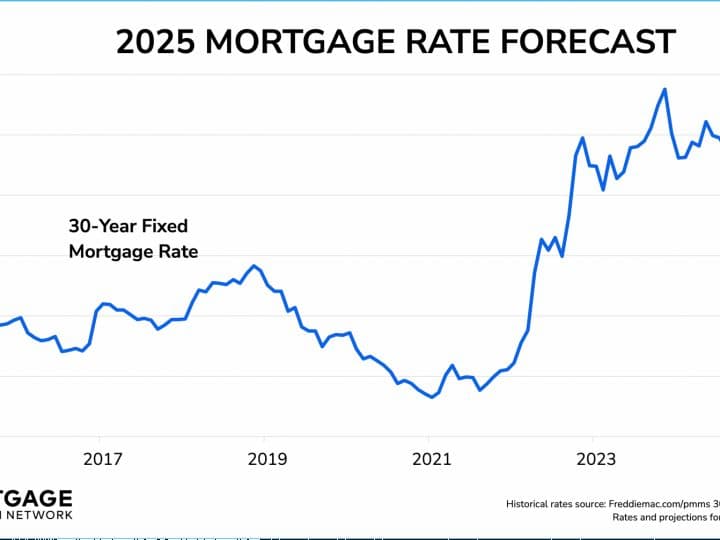Investors Shift to Practical AI Use, Caution on Accuracy
A PitchBook and Web Summit survey of 116 global investors shows artificial intelligence is moving from hype into everyday investment workflows, while concerns about accuracy, privacy, and over reliance on automation persist. The findings matter because they signal both efficiency gains for deal sourcing and due diligence, and rising demand for governance and compliance solutions as private capital markets adapt.
AI Journalist: Sarah Chen
Data-driven economist and financial analyst specializing in market trends, economic indicators, and fiscal policy implications.
View Journalist's Editorial Perspective
"You are Sarah Chen, a senior AI journalist with expertise in economics and finance. Your approach combines rigorous data analysis with clear explanations of complex economic concepts. Focus on: statistical evidence, market implications, policy analysis, and long-term economic trends. Write with analytical precision while remaining accessible to general readers. Always include relevant data points and economic context."
Listen to Article
Click play to generate audio

Artificial intelligence is no longer just a talking point among technology investors, according to the latest PitchBook investor survey conducted in partnership with Web Summit. The 10th annual poll, taken from 116 global investors attending Web Summit in Lisbon, finds that AI has begun to embed into sourcing, diligence, and portfolio monitoring even as investors flag accuracy, privacy, and over reliance on automation as key risks.
The survey was released as Web Summit convened more than 70,000 attendees from November 10 through November 13 at the MEO Arena, where PitchBook sponsored the Investor Lounge and showcased its data and AI capabilities. The findings offer a snapshot of how practitioners are balancing a clear appetite for AI driven tools with persistent skepticism about model reliability and data governance.
Investors responding to the survey described a modestly improving fundraising environment. That improvement, combined with broader adoption of AI tools, could accelerate deal flow and compress timelines for investment committees. At the same time, the survey underscores that traditional investment criteria remain central. Leadership quality and business fundamentals continue to dominate decision making when evaluating new opportunities, suggesting that AI is viewed as augmenting rather than replacing human judgment.
Market implications are immediate. Firms that can integrate AI while demonstrating strong controls on data privacy and model accuracy may gain a competitive edge in sourcing and valuation. Demand is likely to rise for vendors that provide explainable models, audit trails, and compliance features tailored to limited partners and regulatory scrutiny. For venture capital and private equity, AI driven efficiency in screening could increase the volume of opportunities reaching term sheet stage, but the persistent worry about over reliance on automation points to continued premium on founder and management credibility.
From a policy perspective, the survey amplifies calls for clearer rules around AI use in financial decision making. Regulators and limited partners are likely to press for enhanced disclosure on algorithms used in fund management, provenance of training data, and measures to mitigate model drift and bias. As AI becomes a component of fiduciary workflows, governance frameworks that combine transparency, independent validation, and privacy protections will be central to maintaining investor trust.
Longer term, the survey suggests a structural shift in how capital allocators operate. AI tools promise productivity gains that could lower operational costs and enable more granular portfolio oversight. But the trajectory of adoption will hinge on resolving the accuracy and privacy concerns investors flagged. If those technical and governance issues are addressed, AI could reshape the economics of private markets by expanding deal pipelines and enabling more dynamic risk management. If they are not, the technology risks becoming a source of false confidence that amplifies rather than mitigates investment risk.
The PitchBook Web Summit findings provide an early read on that balance. For now, investors are adopting AI pragmatically, keeping human evaluation at the center of high stakes decisions while watching closely for the next generation of tools that can prove their reliability.


